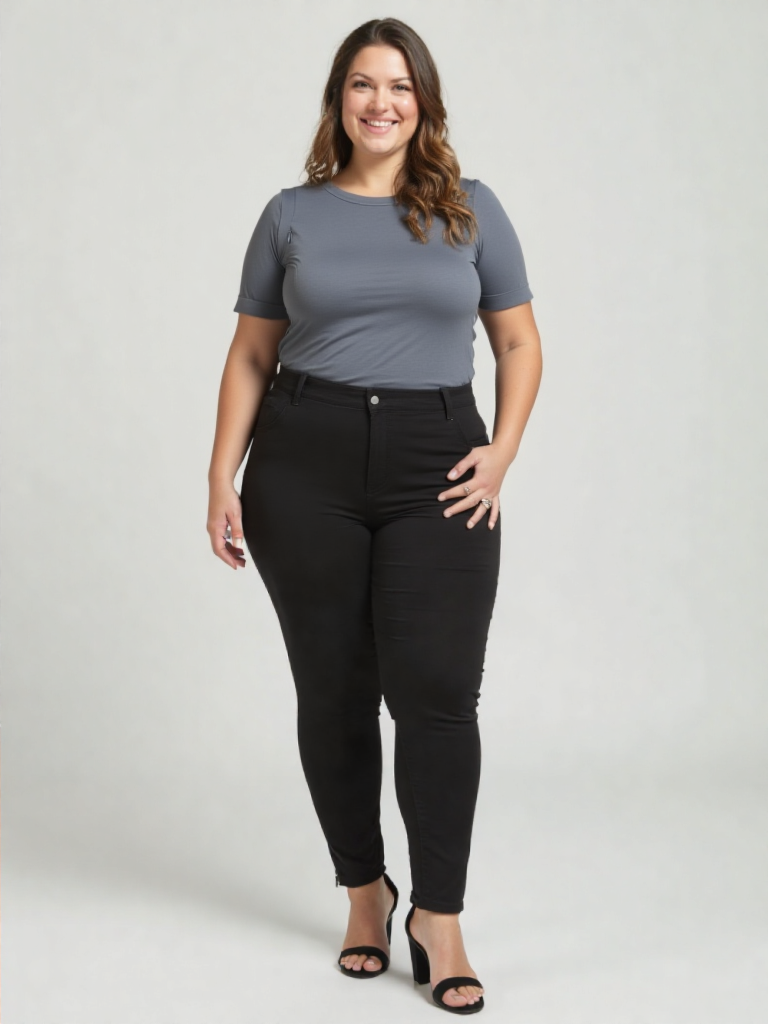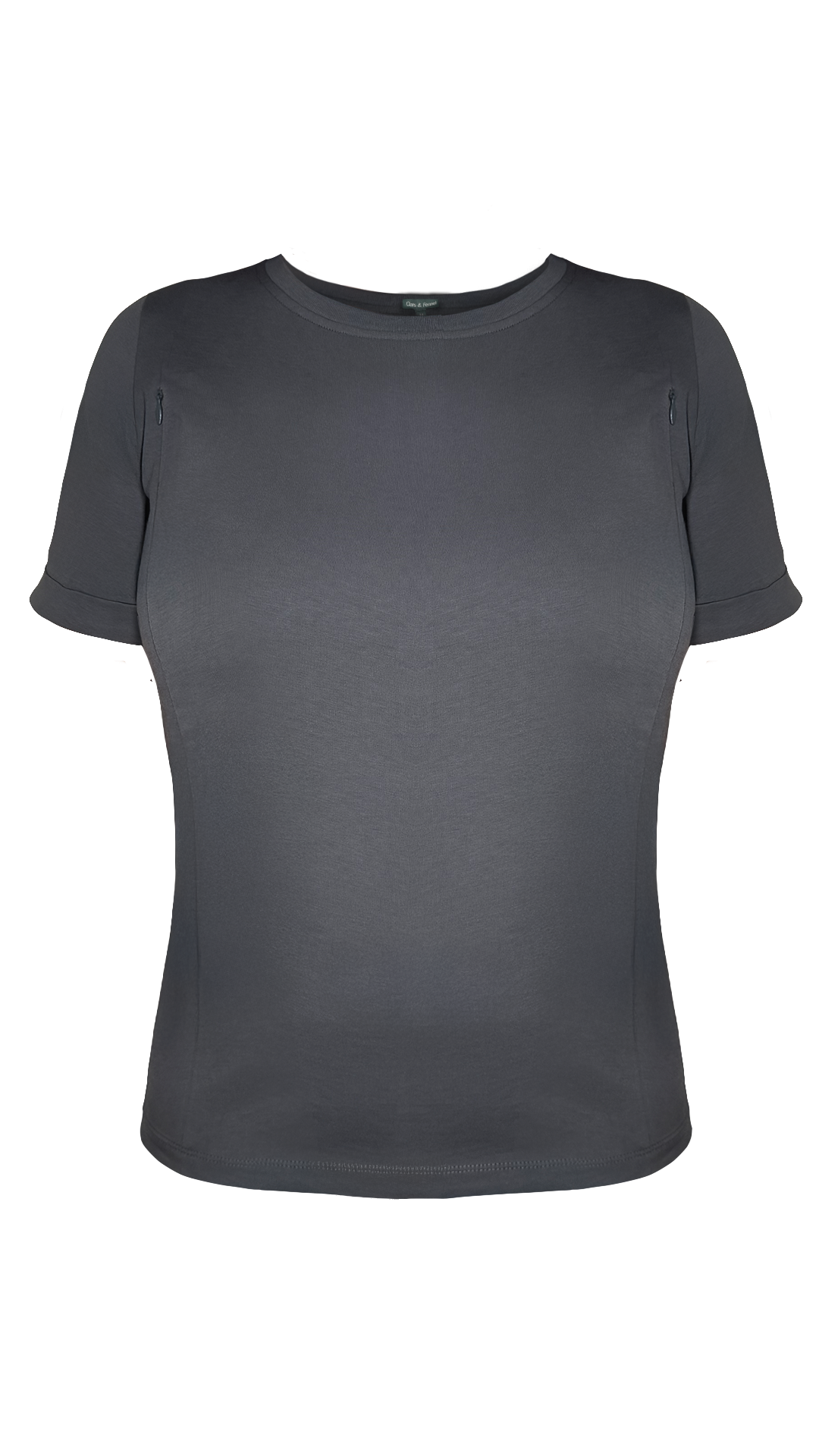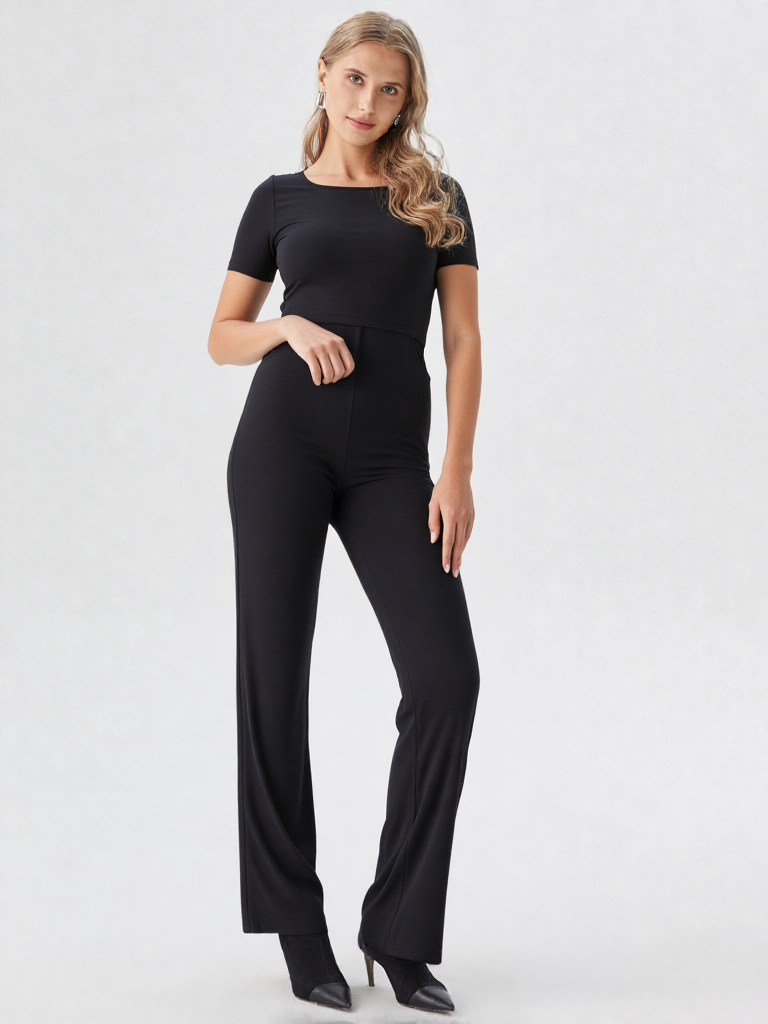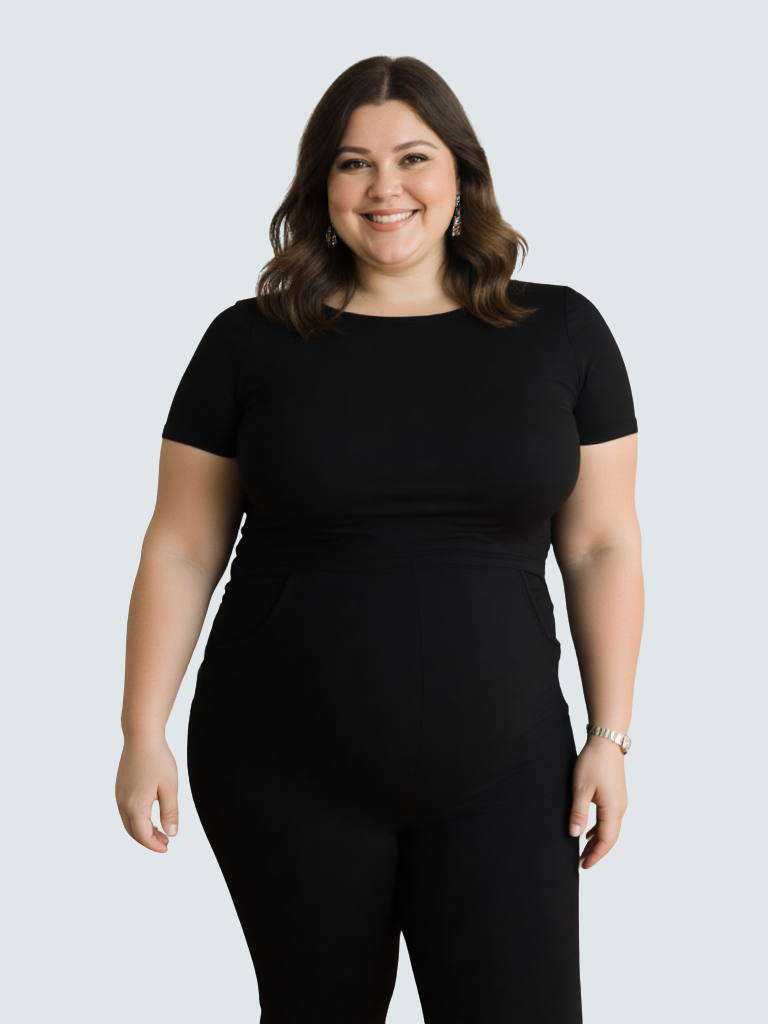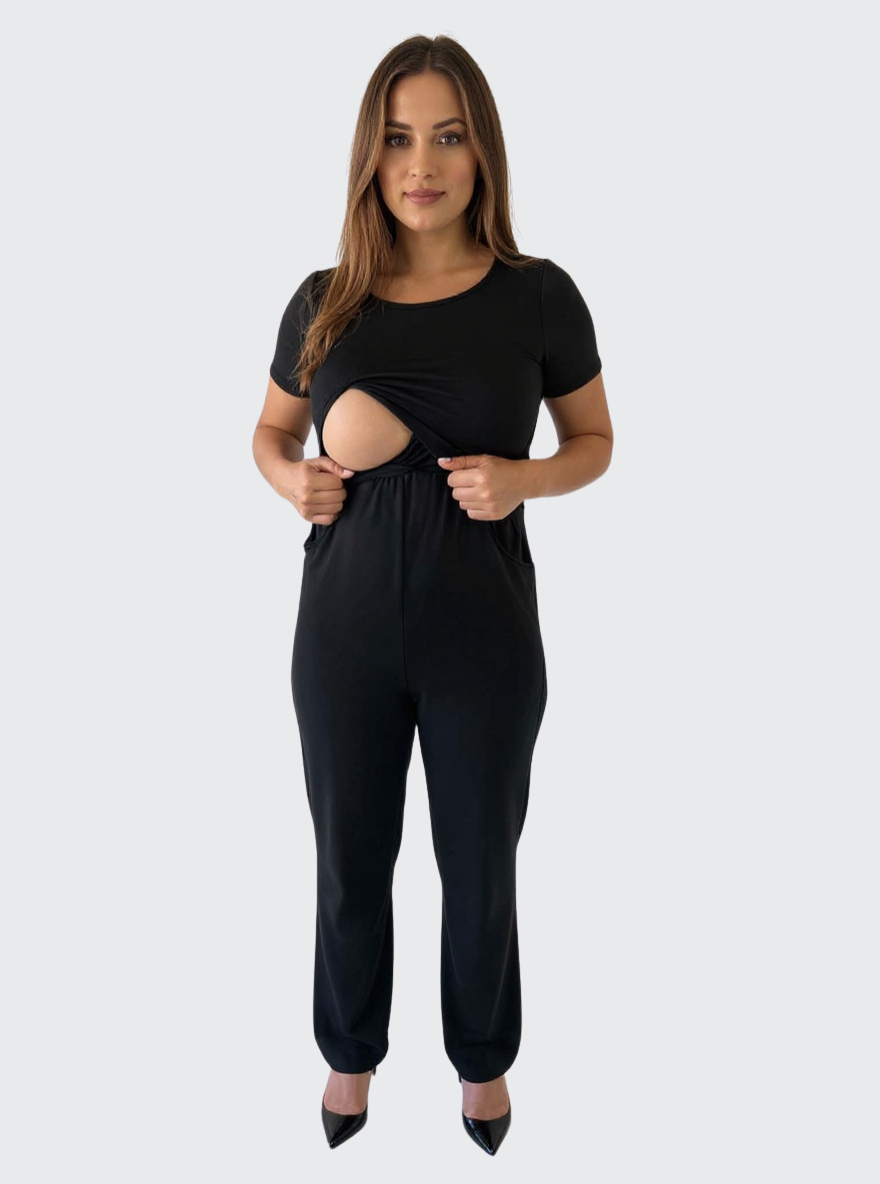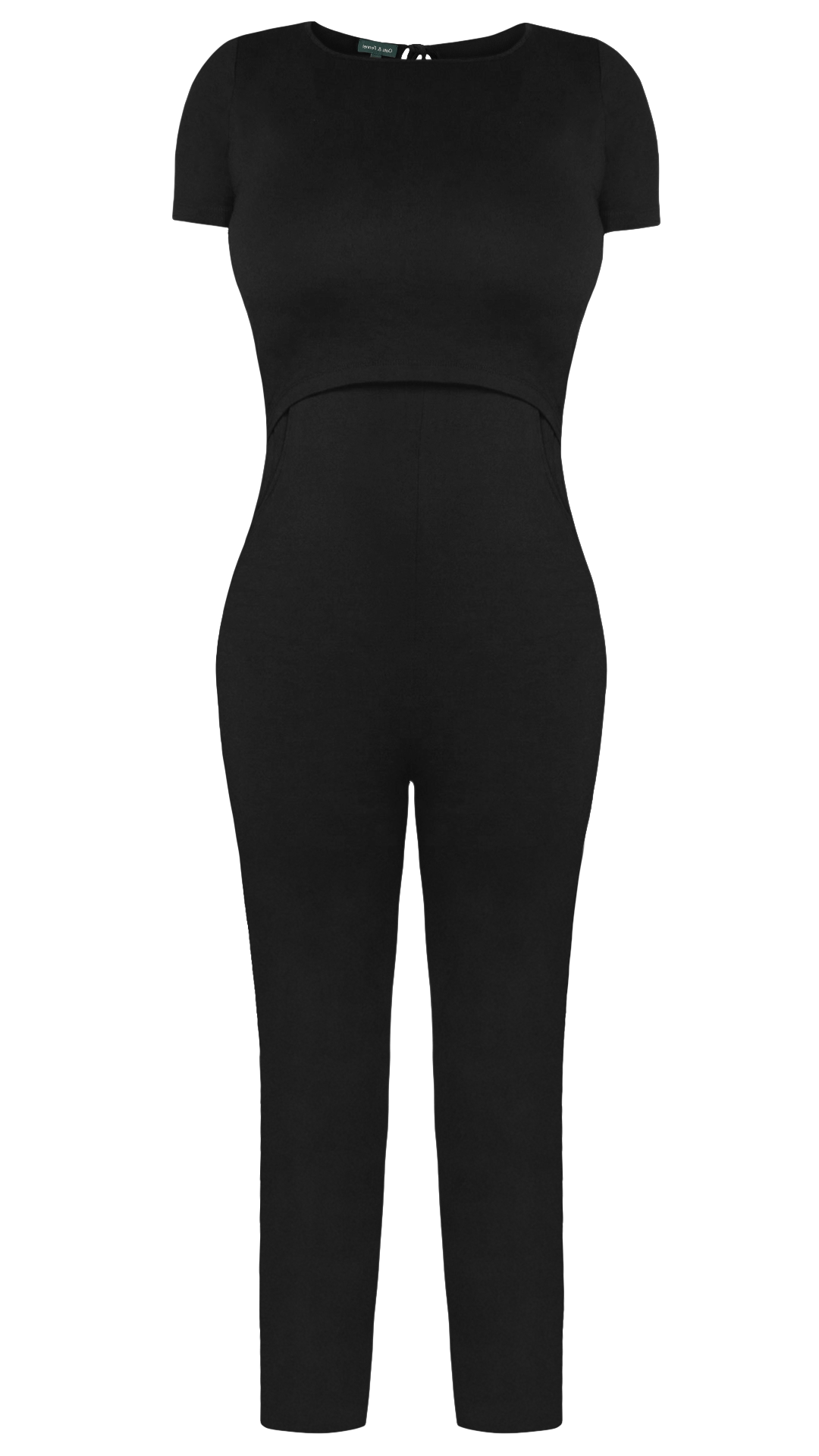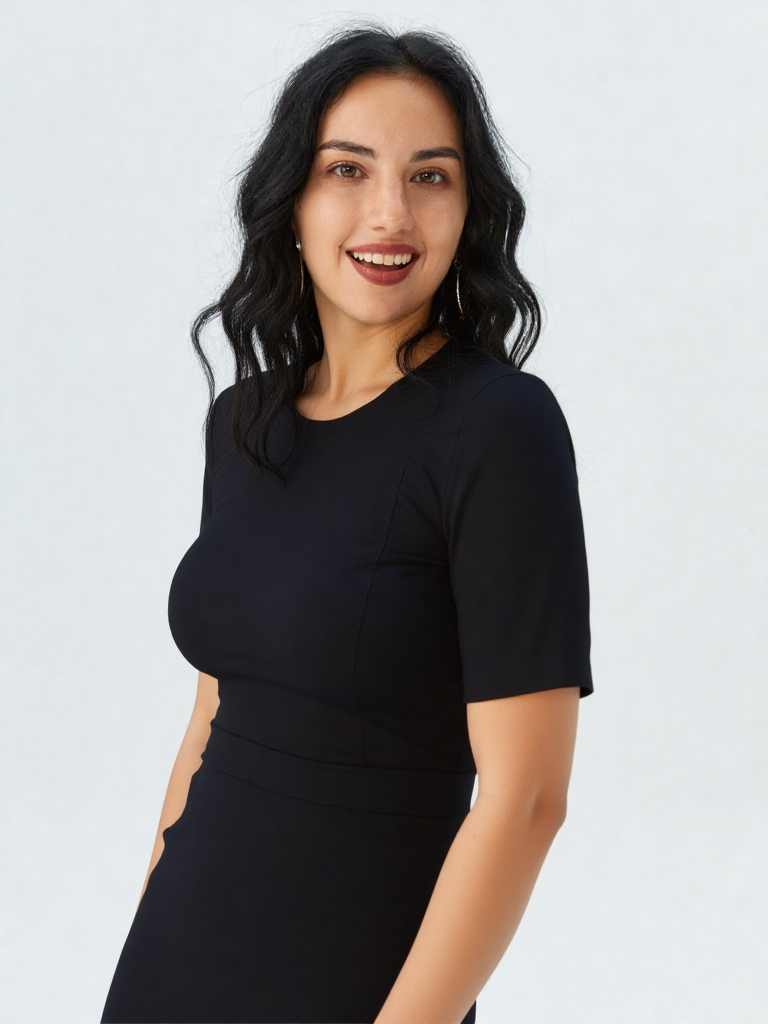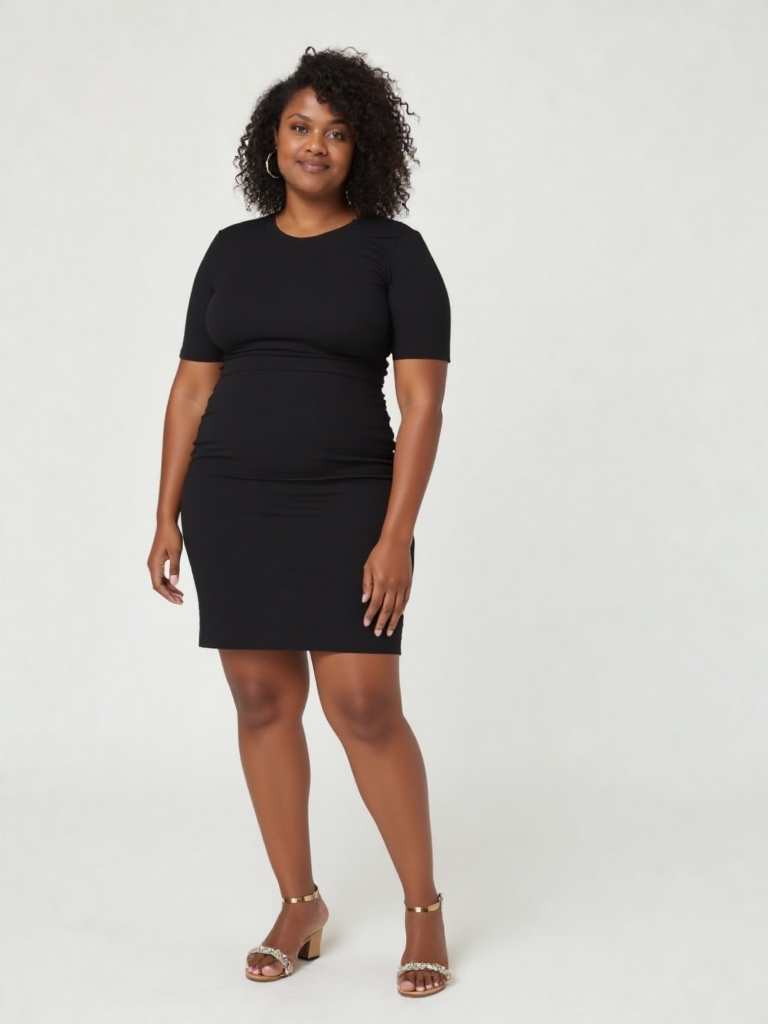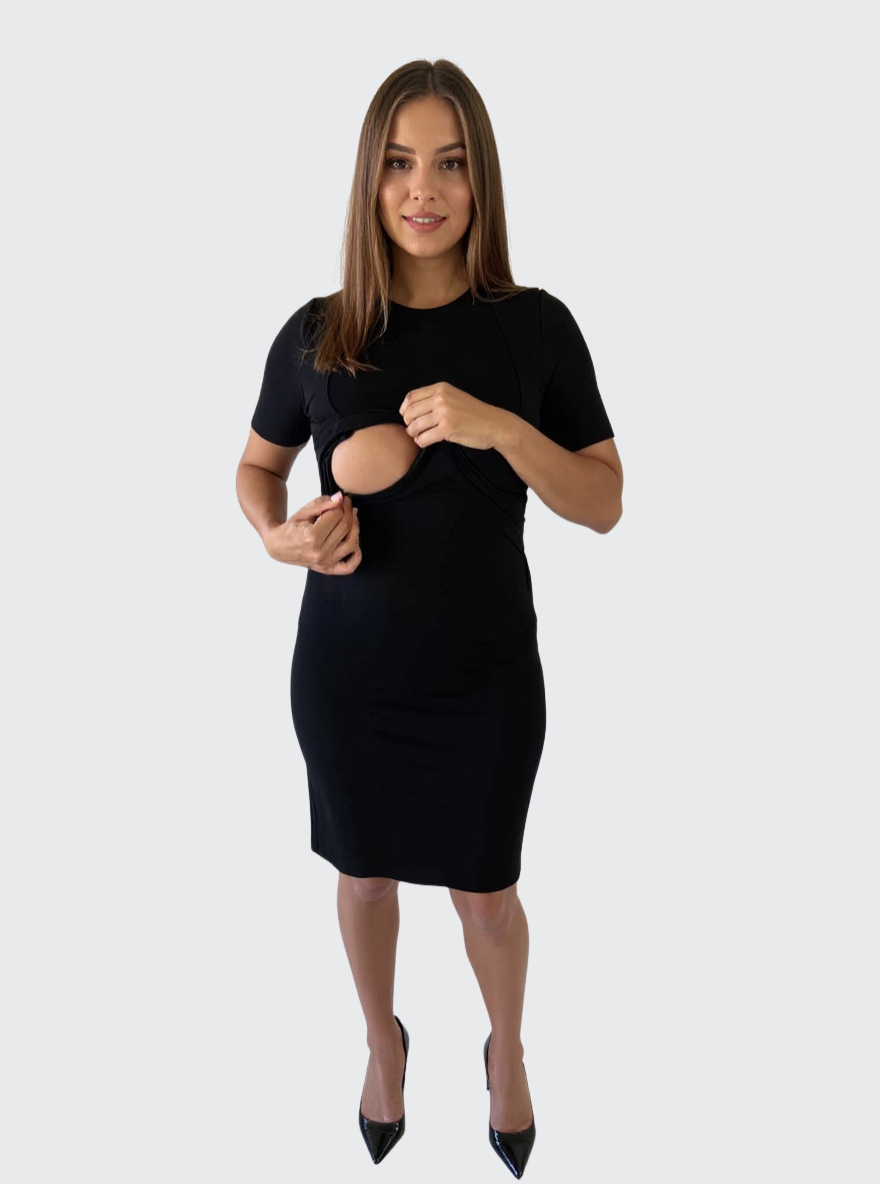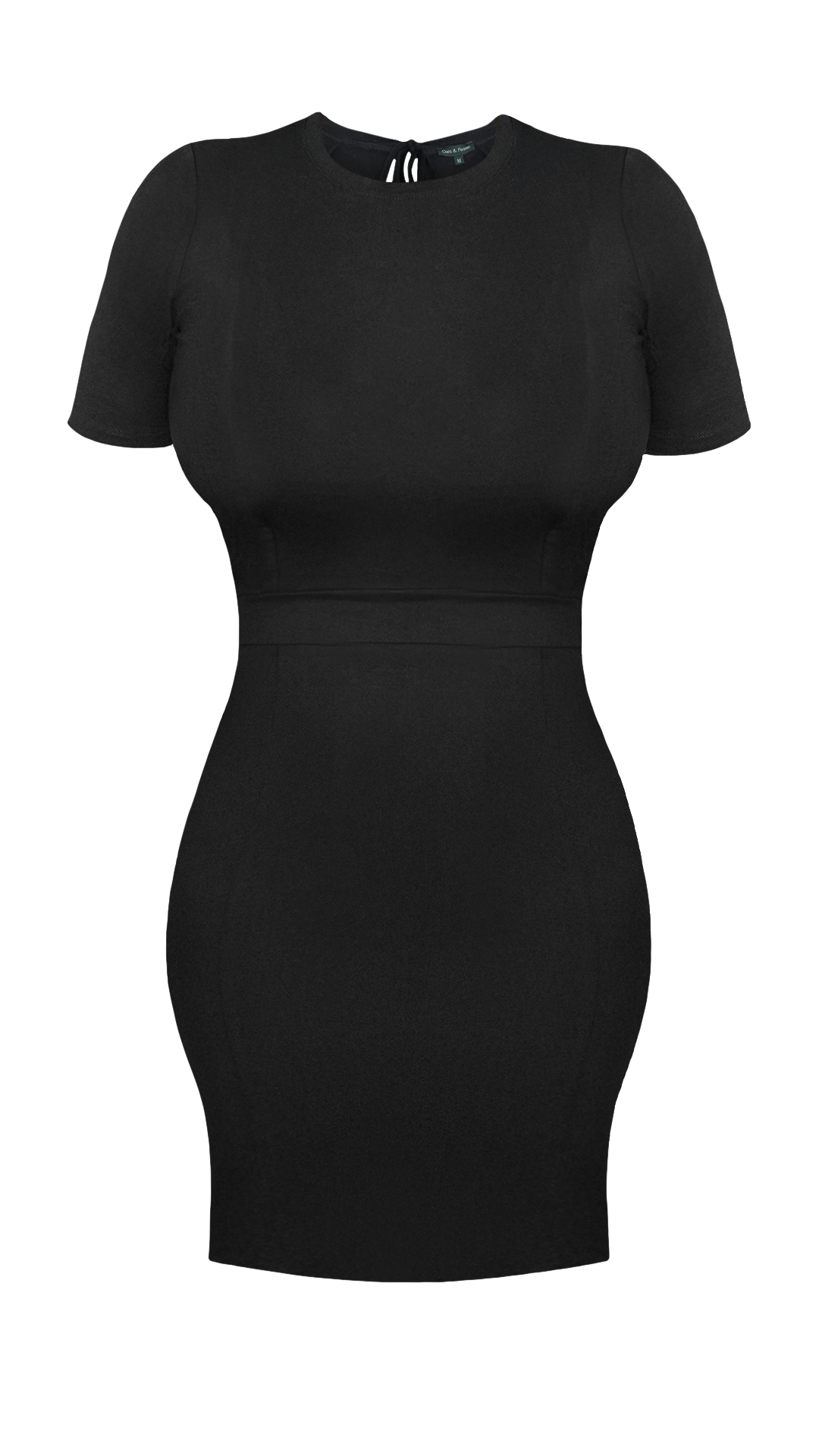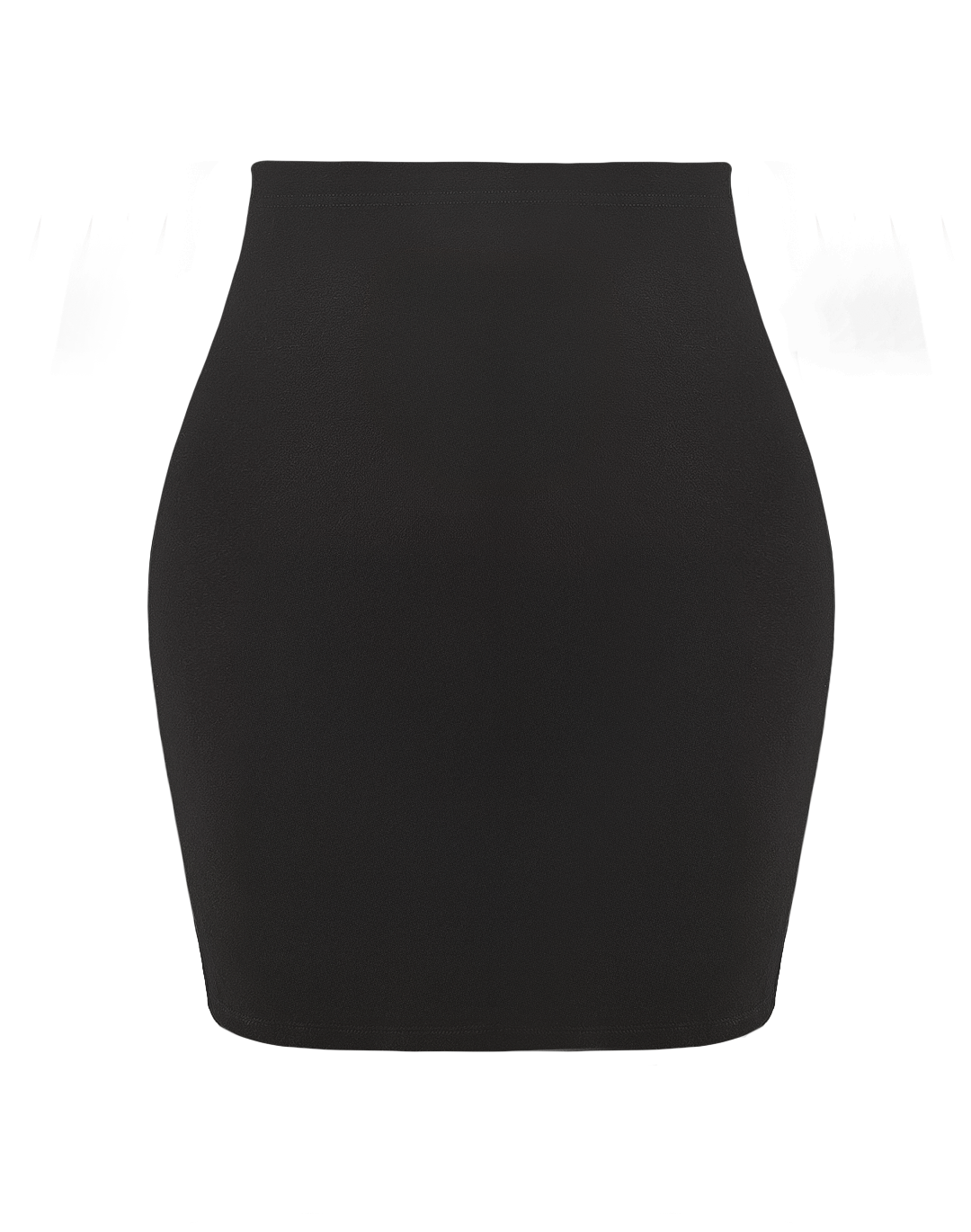In most parts of the world, breastfeeding well beyond one year is completely normal. In fact, it used to be common in the West, too. But somehow, one of the most natural things a mother can do has been rebranded as “alternative.”
You might start hearing questions, sometimes just months into your breastfeeding journey:
“You’re still breastfeeding?”
“Isn’t he a bit old for that?”
“When are you planning to stop?”
These comments really confused me, especially when everything I read, including recommendations from the World Health Organisation, clearly stated that breastfeeding should continue for at least two years.
So, I did a deep dive. I wanted to understand why people seemed so determined to push mothers to stop nourishing their babies as early as possible. And what I found was this: there’s no good reason. Not scientifically. Not nutritionally. Not developmentally.
The pressure to stop breastfeeding isn’t grounded in evidence — it’s cultural.
Before we dive into all the benefits of extended breastfeeding (and yes, there are many), let’s take a moment to look at how and why Western culture moved away from something so natural, even as much of the world never did.
Why Western Culture Drifted from the Norm
The answer lies in a mix of history, aggressive commercial influence, and shifting cultural values.
In the early 20th century, breastfeeding rates in many Western countries began to fall as infant formula was marketed as a modern, scientific solution, often positioned as cleaner, smarter, and even superior to breastmilk. Hospitals introduced rigid feeding schedules, wet nursing disappeared, and cultural ideas around self-soothing and “not spoiling” babies took root.
By the 1950s and 60s, bottle-feeding had become the new normal. Breastfeeding (especially beyond infancy) was reframed as old-fashioned, overly attached, or even inappropriate. That shift wasn’t accidental. It was heavily driven by formula companies who poured money into advertising, medical influence, and public messaging to establish their products as not only acceptable, but essential.
Today, the infant formula industry is worth over $80 billion globally, with projections to nearly double within the next decade. That kind of market power doesn’t just reflect consumer demand; it reflects decades of shaping public opinion, healthcare policy, and parenting culture. And unfortunately, it worked: in the EU today, only around 29% of mothers continue breastfeeding beyond one year.
Health Benefits of Extended Breastfeeding
There’s a common myth that breastmilk “loses its value” after the first year, but that couldn’t be further from the truth. Breastmilk adapts to meet your growing child’s needs, continuing to provide dense, bioavailable nutrition well into toddlerhood.
Toddlers who continue to breastfeed still receive:
-
Fat and DHA – essential for healthy brain development and myelination
-
Protein – easily digestible and perfectly suited to support growth
-
Calcium – for bone strength and development
-
Vitamin A – important for vision, immunity, and skin health
-
Vitamin B12 and folate – for brain and nervous system support
-
Lactoferrin – binds iron and supports gut health
-
Immunoglobulins (especially IgA) – protect mucosal surfaces from infection
-
Live antibodies and white blood cells – offering immune protection that no formula can match
A study published in Pediatrics found that breastmilk in the second year of life can provide 29% of a child’s energy needs, 43% of protein, 36% of calcium, 75% of vitamin A, 76% of folate, and 94% of vitamin B12 [¹].
These aren’t minor additions; they’re significant contributions to your child’s nutrition and immune resilience, especially during a time when they’re more socially active and exposed to new bugs and germs.
Immune System Strengthening
We’ve all heard people swear by breastfeeding to improve your child’s immunity, but it’s not just old wives' tales; there is ample scientific research backing this! Studies show that toddlers who continue to breastfeed may experience:
-
Fewer respiratory infections and gastrointestinal illnesses - A WHO review found that continued breastfeeding beyond 12 months significantly reduces rates of respiratory infections, diarrhoea, and other common illnesses[²]
-
Lower overall mortality in young children (especially in lower-income countries)- A meta-analysis published in The Lancet found that breastfeeding beyond infancy reduces child mortality by providing critical immune protection, particularly against pneumonia and diarrheal diseases [³]
-
Lower incidence of ear infections - A review published in Acta Paediatrica confirmed that extended breastfeeding is associated with a lower risk of middle ear infections in children under age 2[⁴]
-
Ongoing immune system modulation - Research in Frontiers in Immunology shows that breastmilk continues to transfer live immune cells and anti-inflammatory components throughout toddlerhood, supporting immune regulation [⁵]
These benefits aren’t marginal; they’re meaningful. Breastfeeding into the second year and beyond gives children added protection at a time when they’re exposed to more germs, environments, and social settings. But extended breastfeeding isn’t just limited to physical health; it can have some huge psychological benefits too!
Emotional Regulation and Comfort
Breastfeeding beyond infancy is about more than nutrition. It’s a powerful emotional anchor during a child’s most sensitive developmental years.
Toddlers are navigating big transitions: growing independence, separation from caregivers, and unfamiliar environments. Breastfeeding can offer a consistent source of comfort, connection, and emotional regulation through it all.
Here’s what the research shows:
-
Better emotional and behavioural outcomes - A 2024 study published in BMC Public Health found that children breastfed beyond 18 months had fewer emotional and behavioural difficulties compared to those breastfed for less than six months.
[⁶] -
Improved emotional regulation and sleep - Breastfeeding supports the release of oxytocin and other calming hormones, helping toddlers regulate stress and settle more easily, especially during naps and bedtime.[⁷]
-
Lower stress reactivity - In a large British cohort study, children who were breastfed longer showed lower cortisol responses to stress and greater resilience in challenging home environments.
[⁸] -
Supports secure attachment - The closeness, eye contact, and physical connection involved in breastfeeding help reinforce secure attachment, which is a key predictor of emotional stability and confidence in later life.[⁹]
Extended breastfeeding gives children more than nutrients; it gives them emotional safety, a sense of connection, and a consistent way to come back to calm.
Support for Brain Development
Extended breastfeeding can also make your child smarter! These effects can be seen well into adulthood.
Key Evidence:
-
Infant development scores (0–3 years) - A Korean study found that infants breastfed for 9 months or more scored significantly higher on mental development indices compared to those never breastfed, even after [¹⁰]
-
Toddler cognitive, language, and motor gains - The Crete “Rhea” cohort showed that the more months infants the breastfed, the more likely they were to have improved cognitive and expressive language abilities. And those that were breastfed beyond 6 months had improved motor development [¹¹]
-
Better scores at school age (4–5 years) - A Spanish cohort (INMA Project) observed that children who were breastfed for longer got better scores at school and had fewer autistic-like traits [¹²]
-
IQ and life outcomes - A large study conducted in Brazil found that those who were breastfed beyond 12 months scored on average nearly 4 points higher in IQ, completed an extra year of schooling. In addition, they were more likely to receive higher salaries in adulthood, with an average of 15% more annual income by age 30.[¹³]
Honestly, I could write books and books about the benefits your child will receive if you choose to go down the extended breastfeeding journey, but if you’re reading this, you’re most likely a mum, and therefore probably very time-poor! So let’s just round off by looking at the benefits for YOU if you continue to breastfeed.
Benefits for Mothers
Beyond having a healthier, happier and smarter child, there are also numerous benefits for mothers who decide to breastfeed beyond a year. As well as the obvious emotional and bonding benefits, there are ample health benefits, including:
-
Reduced risk of breast cancer — for every 12 months of breastfeeding across a woman’s lifetime, the risk of breast cancer decreases by approximately 4.3% [¹⁴]
-
Lower rates of ovarian cancer — breastfeeding for more than 12 months is associated with a notably reduced risk [¹⁵]
-
Significantly lower risk of type 2 diabetes — nearly 50% reduced risk in women who breastfeed for more than two years total [¹⁶]
-
Improved long-term weight management — mothers who breastfeed for 12 months or longer gain significantly less weight in the following years [¹⁷]
So when should I stop breastfeeding?
When it feels right, it is right. There’s no single answer to when breastfeeding should end. Some children naturally wean around 18 months. Others continue well into age 3 or 4. What matters most is what works for you and your child. It’s okay to keep going. It’s okay to stop when you’re ready. Breastfeeding has its challenges, and however long you’ve done it, you’ve done something incredible. The most important thing is to make that decision based on your own readiness and your child’s needs, not because of pressure from others.
Final Thoughts
Extended breastfeeding isn’t weird, indulgent, or unnecessary. It’s natural. It’s nourishing. And in much of the world, it’s normal.
Need practical support while you're still nursing? We write about real postpartum life — including what to wear when you're still breastfeeding but no longer in the newborn fog. So be sure to stick around!
References
[¹] Pérez-Escamilla, R. et al. (2012). Study in Pediatrics showing how breastmilk remains nutritionally valuable well into the second year.
[²] World Health Organization (2020). Infant and Young Child Feeding: Model Chapter – WHO's official guidance recommending breastfeeding for at least two years.
[³] Victora, C.G. et al. (2016). Global review in The Lancet linking breastfeeding to lower child mortality and better long-term health outcomes.
[⁴] Bowatte, G. et al. (2015). Meta-analysis in Acta Paediatrica connecting extended breastfeeding with fewer ear infections.
[⁵] Hassiotou, F. et al. (2013). Research in Frontiers in Immunology uncovering how breastmilk continues to provide live immune cells during toddlerhood.
[⁶] BMC Public Health (2024). New study showing longer breastfeeding is associated with better emotional and behavioural outcomes in young children.
[⁷] Uvnäs-Moberg, K. et al. (2020). Review in Psychoneuroendocrinology on how oxytocin from breastfeeding supports emotional regulation and bonding.
[⁸] British Cohort Study (1970). Longitudinal data showing children breastfed longer had lower stress responses and better emotional resilience.
[⁹] Sroufe, L.A. (2005). Child Development study showing the long-term emotional benefits of strong early attachment, often supported by breastfeeding.
[¹⁰] Kim, H. et al. (2013). Research from the Korean Journal of Pediatrics linking extended breastfeeding to stronger cognitive outcomes.
[¹¹] Chatzi, L. et al. (Rhea Study, Crete). Data from PubMed showing extended breastfeeding correlates with improved language and motor skills.
[¹²] Guxens, M. et al. (INMA Project, Spain). Study showing longer breastfed children perform better in early school years and show fewer behavioural concerns.
[¹³] Victora, C.G. et al. (2015). Brazilian study in The Lancet Global Health finding that extended breastfeeding is linked to higher IQ, more education, and better earnings in adulthood.
[¹⁴] Collaborative Group on Hormonal Factors in Breast Cancer (2002). Landmark Lancet analysis showing each year of breastfeeding lowers breast cancer risk by 4.3%.
[¹⁵] Danforth, K.N. et al. (2007). Study in American Journal of Clinical Nutrition linking extended breastfeeding to lower ovarian cancer risk.
[¹⁶] Gunderson, E.P. et al. (2018). JAMA study finding that women who breastfeed for 2+ years cut their risk of type 2 diabetes by nearly 50%.
[¹⁷] Schwarz, E.B. et al. (2010). American Journal of Epidemiology research showing better weight management in mothers who breastfed beyond 12 months.












